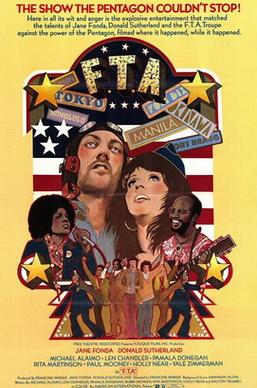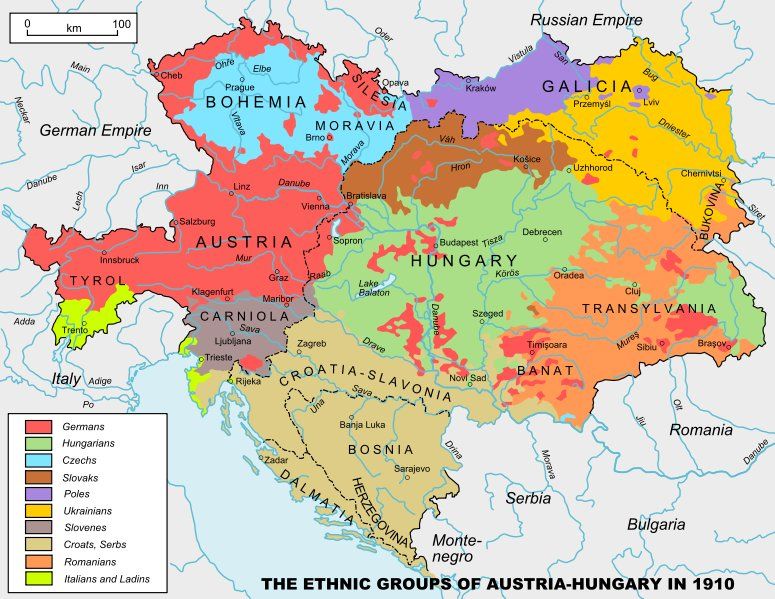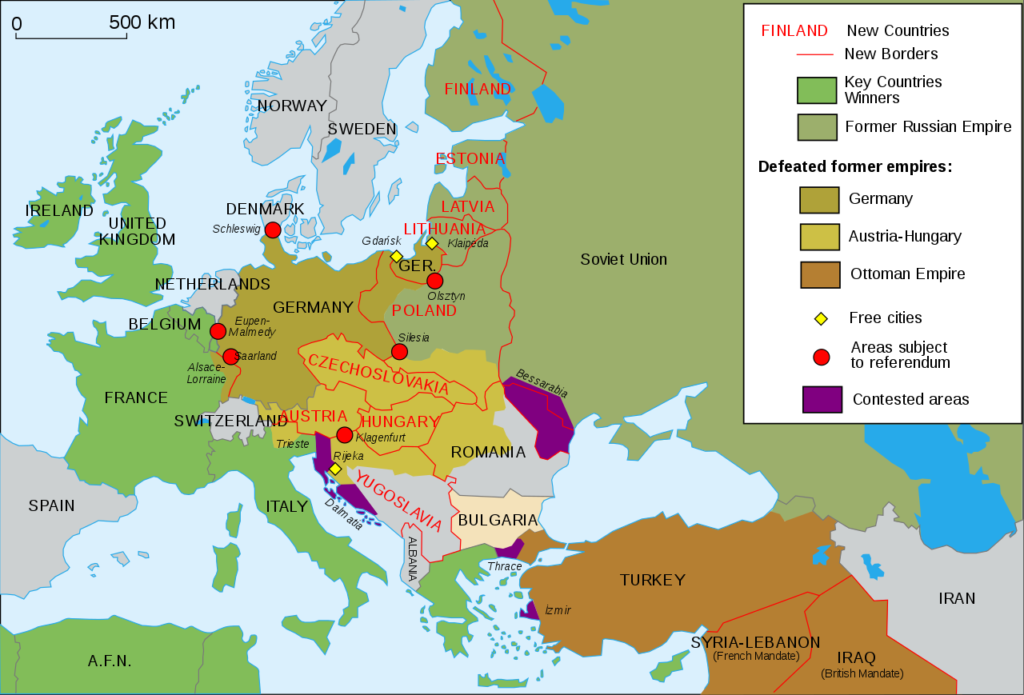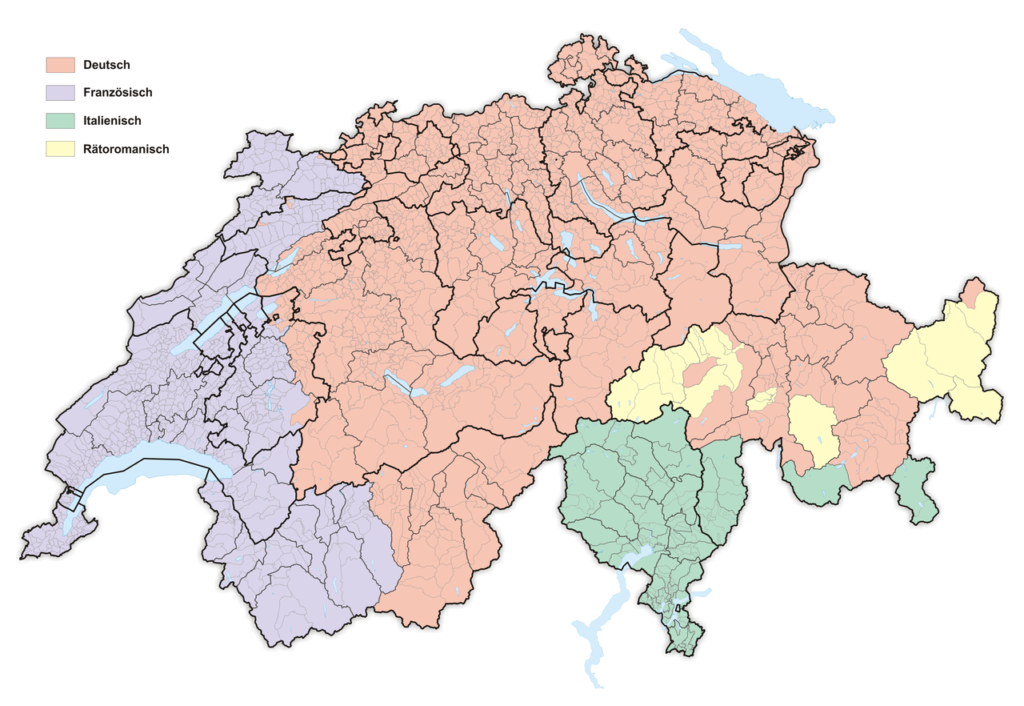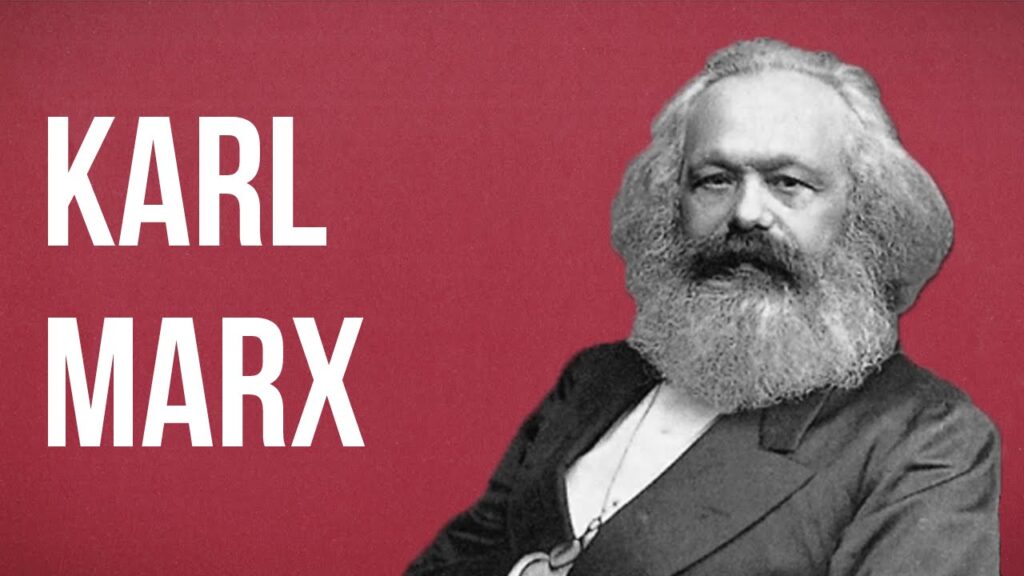
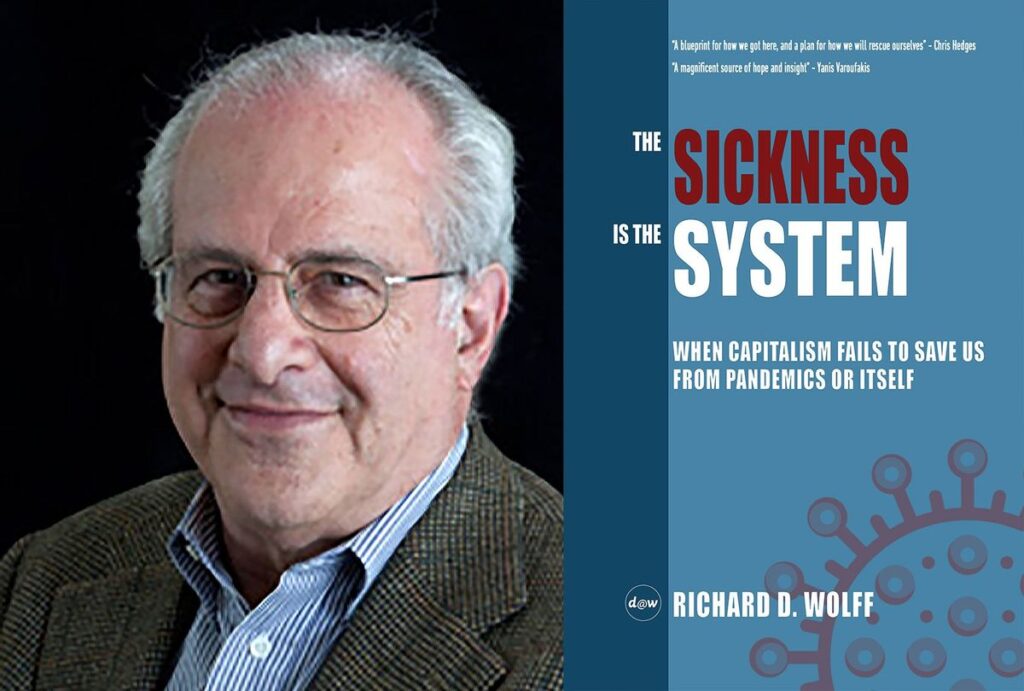
Richard Wolff, whom I admire, calls himself a “Marxist economist.” I find this puzzling and odd. Why?
Because calling oneself a Marxist, suggests that one is a disciple, just as calling oneself a Christian suggests that one is a follower of Christ. It also suggests that one has devoted a considerable time to the study of Marx or Christ. But having devoted a considerable time of study about a person and their teachings, does not imply that one agrees with these teachings. One could very well be a staunch critic. Let us distinguish the latter by calling such a person a Marx or Christ scholar, as contrasted with someone who believes that everthing that Marx wrote or everything that Christ preached is true and worthy of emulation. So, what is a “Marxist”? A Marx-scholar or a disciple?
Now, why is it that if one agrees with the findings of scientists such as Galileo, Kepler, or Newton, one does not call oneself either a Galilean, a Keplerian, or Newtonian, even though one agrees with some of their findings, and can even claim to be a scholar of these men?
Perhaps it has to do with the nature of their writing. Scientists want to find the truth about the universe, while religious figures, such as Christ, Abraham, Muhammad, Zoroasted, prescribe a way of life.
So the question becomes: was Marx a scientist, a prescriber, or both? And calling oneself a Marxist makes some sense if Marx offered prescriptions.
I am not a Marx scholar; so my knowledge of what Marx wrote is limited. But I have read some of what Marx wrote as well as some of what Marx scholars have written. And my understanding is that Marx — on the basis of his analysis of the nature of capitalistic production — predicted that capitalism will self-destruct. And his prediction was based on an idealized version of capitalist production. But given that he did not include the various deviation from his model of capitalism, his prediction in the short-run did not occur, but it is still too early to say that even a modified version of capitalism will not self-destruct.
Richard Wolff, who calls himself a Marxist economist, is perpetually looking not only at the short-comings of capitalism, but also at its cruel repercussions on the environment and humanity. I too see the evil and injustice of capitalism, but I am also more cynical than either Wolff or Marx. I do not anticipate the self-destruction of capitalism, but the destruction of humanity as such.
Although I am not a Marxist either as a disciple or scholar, I find the truth about capitalism spelt out superbly in the last part of Capital I: Part III: The so-called Primitive Accumulation (pp.713-74).
In my own words: It is through conquest that the State arose giving rise to a class division between the rulers and the ruled. This took several forms. The rulers took tribute and taxation; the ruled became slaves, serfs, or free-laborers. And underlying all these relations was the fact that the rulers controlled access to land. [For some reason Richard Wolff focuses on the employer-employee relation, but refrains from examining how such a relation arose in the first place or how it is possible.]

